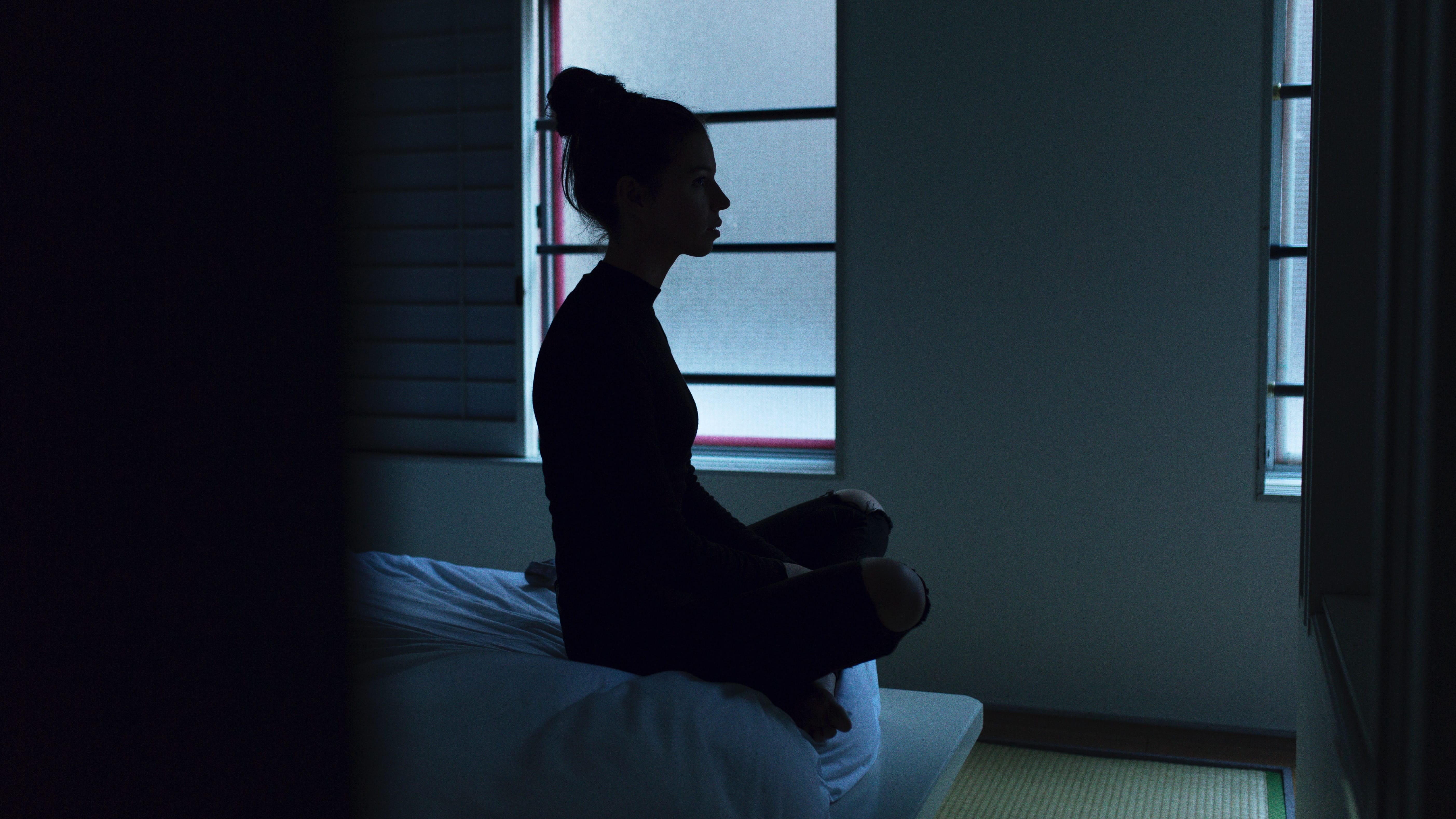Healthy sleep is usually defined as being able to get seven hours of sound sleep on a regular basis, without having issues falling asleep or staying asleep. Insomnia is one of the most common sleep disorders and afflicts many people.
Millions of Americans suffer from sleep disorders, such as insomnia, and don’t get enough sleep on a regular basis. Many aids they use to help them sleep, such as over-the-counter remedies and prescription medicines, have unwelcome side effects such as dependency and daytime drowsiness. Many people have turned to CBD as a non-habit forming, safe alternative.
Cannabidiol (CBD) is often sourced from industrial hemp which contains high levels of CBD and less than 0.3% of tetrahydrocannabinol (THC). CBD will not get you high and due to the low THC content, it is federally legal throughout the U.S.
CBD interacts with receptors located in the endocannabinoid system in the human body. This system creates balance within the body and regulates various functions, including the sleep cycle.
Do you get enough sleep?
Healthy sleep is usually defined as being able to get seven hours of sound sleep on a regular basis, without having issues falling asleep or staying asleep. Insomnia is one of the most common sleep disorders and afflicts many people.
Acute insomnia lasts up to a couple of weeks and is often caused by stress, whereas chronic insomnia, which is less common, is the inability to fall or stay asleep on a regular basis.
Sleep issues of any kind need to be taken seriously because they negatively impact physical, emotional and mental functioning. Not getting enough sleep over a long term increases the negative effects and chronic insomnia has been linked to serious health issues, like heart disease and diabetes.
Can CBD improve insomnia?
Insomnia often occurs due to underlying anxiety. In fact, almost one-third of people who experience insomnia also have an anxiety disorder. Anecdotal evidence strongly suggests that CBD helps with reducing symptoms of anxiety that can prevent people from sleeping. One 2019 study showed that a CBD regimen helped two-thirds of the participants with anxiety to improve their sleep scores within the first month.
People experiencing anxiety and depression usually have lower serotonin levels. CBD targets the 5HT1A receptors in the brain and lifts serotonin levels. This improves mood and makes anxiety easier to manage.
Chronic pain is another underlying cause of insomnia. There are some studies that indicate CBD oil effectively relieves chronic pain because of its anti-inflammatory properties.
Does CBD cause any side effects?
It is rare to experience side effects when taking CBD and if experienced, they tend to be minimal. Some side effects include nausea, diarrhea, dizziness and low blood pressure.
Most commonly, side effects occur when an individual is taking other medication and the CBD interacts with it. For this reason, it is important for those taking medication to consult with a doctor before taking CBD.

What is the best way to take CBD for insomnia?
CBD can be taken in a variety of ways, all of which can help with insomnia.
CBD tinctures come in bottles with a dropper. Drops of CBD are used sublingually (under the tongue).
Topical application products include creams, lotions and lip balms for rubbing or massaging into the skin. People with chronic pain often find relief from pain by using topical products to relieve inflammation.
Inhaling CBD through a vape pen or vaporizer is one of the quickest ways to get CBD into your system.
Edible CBD products come in forms such as baked goods, candies and gummies.
Capsules: CBD capsules are tasteless, odorless and can be swallowed like traditional over-the-counter medication.
How much CBD relieves insomnia?
There are no official dosage guidelines for CBD. A rule of thumb is to begin with a milligram of CBD for every 10 pounds of body weight. In a study focused on healthy individuals, researchers found that 15mg was not enough to affect sleep.
The right dosage will depend on body weight, personal body chemistry and the severity of the sleep issues. It is sensible to start with a small dose and gradually increase it until it’s effective.
How long before bedtime should CBD be taken?
The fastest-acting method is inhalation, which takes only one to two minutes. Topical application is also quick. Sublingual tinctures take a little longer – up to 20 minutes. Edibles and capsules take the longest to work because they go through the digestive system before entering the bloodstream – take them about 60 to 90 minutes before bedtime.


Join the conversation!